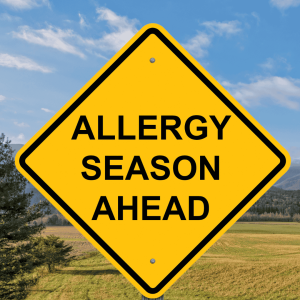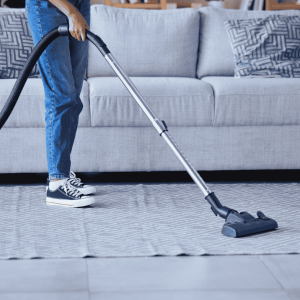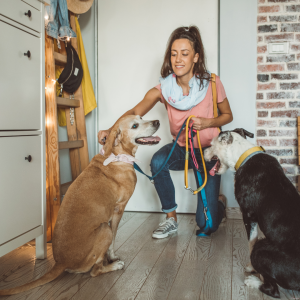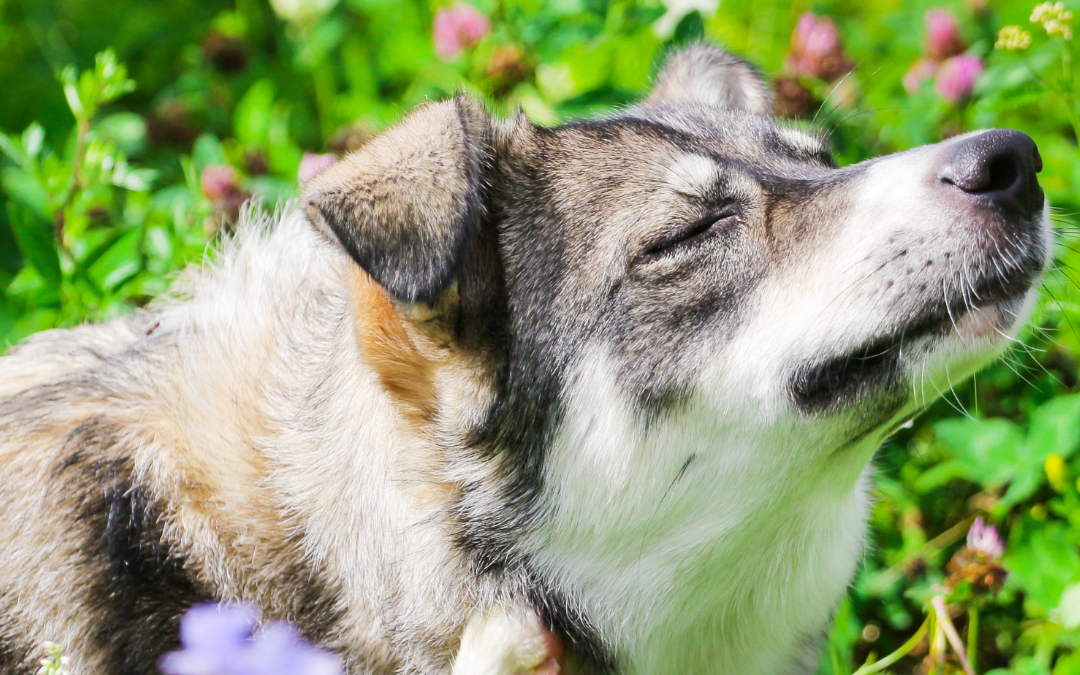Wondering if your pet’s scratching or sneezing is from seasonal allergies? Learn the signs, symptoms, and tips to keep your furry friend comfortable
Sunnyvale’s famously sunny climate is wonderful for outdoor fun, but it also means pollen, grasses, and other environmental triggers are at their peak during late summer. At Paws & Claws Pet Sitting And Dog Walking, we want all pet parents to be able to recognize, address, and prevent the discomfort that seasonal allergies can bring to their beloved pets.

What Causes Seasonal Allergies in Pets?
What Causes Seasonal Allergies in Pets?
Just like people, pets can be sensitive to a variety of airborne allergens, including:
- Tree and grass pollen: Common in spring and summer, these allergens are easily tracked inside on fur and paws.
- Weeds and flower pollen: Blooming plants release particles that float in the air, landing on pets during walks or play.
- Mold spores and dust mites: Humidity in late summer can foster mold growth both outside and inside the home.
- Other outdoor particles: Agricultural dust, leaf debris, and even smoke from wildfires can irritate sensitive pets.
Unlike food allergies, which can occur year-round, these triggers are typically seasonal and may only affect your pet at certain times of the year.

Common Signs Your Pet Has Seasonal Allergies
Common Signs Your Pet Has Seasonal Allergies
Seasonal allergies often appear as skin and respiratory symptoms in dogs and cats. Watch for:
- Itchy Skin and Excessive Scratching
Pets may constantly scratch themselves, bite or chew at itchy areas, or rub their face along the carpet or furniture. - Red, Irritated, or Inflamed Skin
Pinkness or redness is especially common on the belly, groin, underarms, between toes, and inside ears. Sometimes, the skin may feel warm to the touch. - Recurring Ear Infections
Allergies can cause inflammation in the ears, leading to wax buildup, head shaking, and unpleasant odors. Pets may scratch frequently at one or both ears. - Watery Eyes or Nasal Discharge
Clear eye discharge, sneezing, reverse sneezing, or mild coughing are common, especially after time outdoors. - Paw Licking, Chewing, or Discoloration
Allergens easily collect on paws. Persistent licking can stain fur pink or brown due to natural proteins in the saliva. - Hair Loss, Hot Spots, or Scabs
Overgrooming due to itchiness may cause bald patches, sores (hot spots), or scabs that need veterinary attention. - Changes in Behavior
Some pets may become more lethargic, hide, or seem restless and irritable due to discomfort.

How Are Seasonal Allergies Diagnosed?
How Are Seasonal Allergies Diagnosed?
A veterinarian is your best resource for proper diagnosis. Here’s what you can expect:
- Medical and Exposure History
Your vet will ask when the symptoms began, if they recur annually, and what your pet’s typical environment has been. - Full Physical Examination
They’ll check your pet’s skin, ears, eyes, and coat for classic allergy symptoms and rule out other culprits like fleas or mites. - Allergy Testing
In some cases, skin or blood allergy tests may be used to pinpoint specific allergens. - Exclusion of Other Conditions
Occasionally, food allergies or infections can mimic seasonal allergies, so a thorough evaluation is important.

What You Can Do At Home: Vacuum and Dust Often
What You Can Do at Home
Managing your pet’s seasonal allergies starts with reducing allergen exposure:
- Wipe Down After Walks: Use a damp cloth or pet-safe wipes to clean paws, bellies, and faces after outdoor time. This removes pollen and irritants before your pet brings them indoors.
- Limit Outdoor Time During Peak Pollen: Early mornings and breezy afternoons tend to have the highest pollen counts. Try walking your pet during off-peak hours or after rain, when allergens settle.
- Regular Bathing: Use a gentle, veterinarian-approved hypoallergenic shampoo to bathe your pet and relieve itchy skin. Don’t overbathe—once every 1-2 weeks is usually sufficient unless your vet advises otherwise.
- Frequent Grooming: Brushing your pet daily helps remove loose allergens and reduces discomfort.
- Vacuum and Dust Often: Clean pet bedding, furniture, and floors frequently to lower the amount of allergens in your home.
- Air Filters and Conditioners: Using a HEPA filter or air conditioner can help keep indoor air free from pollen and dust.
- Monitor Your Pet’s Behavior: Keep a log of symptoms, noting when they worsen. Patterns may help your vet tailor treatment.
Allergy Management and Veterinary Help
If home management isn’t enough, your vet can prescribe relief such as:
- Antihistamines or Prescription Medications: These can help control itching and inflammation.
- Topical Treatments: Medicated sprays, creams, or wipes may provide localized relief.
- Special Diets or Supplements: Omega-3 fatty acids and specific diets can help improve skin health.
- Allergy Shots (Immunotherapy): For severe or persistent allergies, this long-term treatment desensitizes your pet to allergens over time.
It’s essential to consult your vet before starting any new allergy medication or at-home remedy.

Why Choose Paws & Claws Pet Sitting & Dog Walking?
Why Choose Paws & Claws Pet Sitting & Dog Walking?
Our experienced team members are trained to spot allergy symptoms during walks and visits. We alert you of any signs we notice, offer to wipe down your pet after outdoor time, and happily follow special allergy-friendly routines you request. Choosing Paws & Claws Pet Sitting and Dog Walking means your pet gets trusted, allergy-aware care, so everyone can enjoy Sunnyvale’s beautiful season safely.
Suspect your pet has seasonal allergies, or need pet care while you’re away? Contact Paws & Claws Pet Sitting And Dog Walking for attentive, allergy-conscious care tailored to your best friend’s needs! Click here to contact us or give us a call at 408-752-2997.We service the Mountain View, Sunnyvale, Cupertino, Santa Clara, and West San Jose areas. We look forward to meeting you and your furry family!




